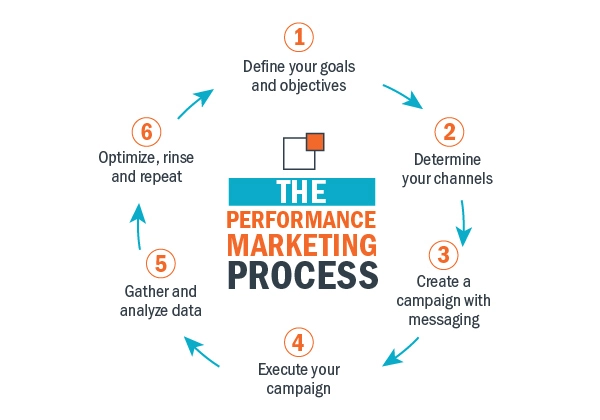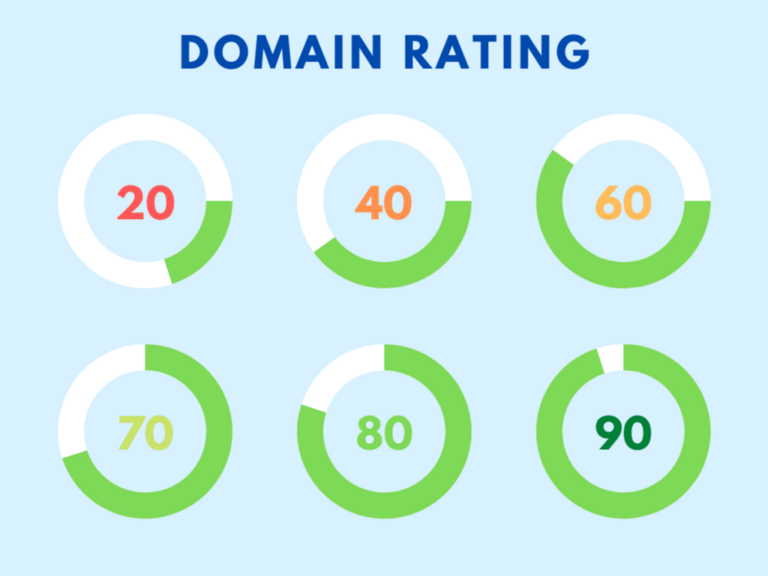What is the Role of SEO in Online Reputation Management?
A brand’s online reputation shapes how customers, partners, and stakeholders perceive it. SEO plays an imperative role in online reputation management (ORM) by ensuring that positive, relevant content ranks higher than negative or misleading information. Businesses and individuals must strategically manage their search presence to establish credibility, minimize reputational risks, and control public perception.

How Does SEO Influence Online Reputation Management?
The way a brand appears in search results defines its public image. A single negative review, misleading news article, or outdated post can significantly affect customer trust and business opportunities. Most users rarely go beyond the first page of search results, making it essential to apply SEO-driven ORM strategies to ensure the most favorable and relevant content ranks at the top.
Controlling the Narrative Through Search Results
Search engines act as digital gatekeepers, determining which content is most visible. Brands can optimize owned media assets, strengthen their backlink profile, and publish authoritative content to ensure that positive materials dominate search rankings.
By continuously updating and reinforcing this content with high-value keywords, structured data, and strong domain authority, businesses can maintain control over their digital narrative while reducing the visibility of misleading information.
Enhancing Brand Visibility and Credibility
Higher search rankings correlate directly with public trust. If a brand’s official website, positive news coverage, and professional profiles consistently appear in the top results, it reinforces credibility and authority. Google prioritizes well-optimized, frequently updated, and high-authority content, making SEO one of the most powerful tools in ORM.
What SEO Strategies Strengthen Online Reputation Management?
A structured and data-driven SEO approach ensures that businesses maintain a strong, positive online presence. While search rankings are influenced by multiple factors, applying a combination of on-page, off-page, and technical SEO techniques helps protect brand reputation. The following strategies can be helpful for you:
Optimizing Owned Media for Better Rankings
Owned media includes a company’s website, blogs, social media pages, and official statements. To dominate search results, businesses must apply technical SEO best practices, create high-quality content, and ensure mobile optimization. Since a significant percentage of searches happen on mobile devices, Google prioritizes mobile-friendly, fast-loading pages in its ranking algorithm.
Leveraging Positive Content Creation
Publishing authoritative, keyword-rich content is one of the most effective ways to manage online reputation. Well-structured content that aligns with search intent helps push negative or outdated information further down the results page.
High-ranking content should include:
- Thought leadership articles that position the brand as an industry expert.
- Well-optimized press releases that provide official statements and company updates.
- Video content has a significantly higher ranking potential on search engines.
Building a Strong Backlink Profile
Backlinks remain one of Google’s strongest ranking factors. Websites with high-quality backlinks rank significantly higher than those without. In ORM, acquiring backlinks from reputable industry sites, news platforms, and high-authority blogs strengthens search credibility.

A Harvard Business Review study revealed that companies with strong backlink strategies recover from negative publicity 30% faster than those without. High-quality backlinks from trusted sources reinforce a brand’s legitimacy, reducing the impact of unfavorable content.
Managing Online Reviews and Ratings
Online reviews influence purchasing decisions, with a significant number of users relying on them when researching brands. Google, Yelp, and Trustpilot are among the most visible review platforms, and SEO can help optimize positive feedback while mitigating the effects of negative reviews.
Encouraging satisfied customers to leave reviews improves search rankings and brand trust. Responding to negative reviews in a professional, solution-oriented manner also enhances brand perception.
Using Local SEO to Improve Brand Trust
For businesses with a physical presence, local SEO ensures strong visibility in location-based searches. Google My Business listings with optimized descriptions, updated contact details, and frequent customer interactions rank higher. Since local searches often lead to immediate customer action, optimizing for local SEO is a key component of ORM.
How SEO Helps Suppress Negative Content
A single negative article on Google’s first page can significantly impact business revenue. Suppressing unwanted content requires an aggressive SEO strategy that prioritizes high-authority, well-optimized pages. This is how SEO helps:
Encouraging Positive Pages to Outrank Negative Content
Search algorithms favor fresh, relevant, and authoritative content. Updating existing content with optimized meta descriptions, keyword variations, and structured data markup strengthens its ranking potential. Pages that are actively maintained and frequently linked tend to outrank stagnant or outdated pages.
Creating Authoritative New Content
If negative articles appear in search results, publishing high-value, SEO-optimized content can gradually push them down. Google prioritizes well-sourced, original material, meaning brands that regularly produce industry reports, expert insights, and press coverage can reclaim search visibility.
Using Technical SEO to Strengthen Website Authority
A well-structured website enhances credibility and search performance. Technical SEO elements such as schema markup, HTTPS security, fast-loading pages, and optimized site navigation contribute to stronger rankings. A study by Google found that websites loading within two seconds have a significantly lower bounce rate, highlighting the need for technical efficiency.
Why SEO and ORM Should Work Together
SEO and ORM are fundamentally interconnected. SEO determines how content is ranked, while ORM dictates which content should be ranked. Businesses that proactively manage both gain long-term control over their digital presence.
Proactive ORM involves using SEO to establish a strong online reputation before any negative publicity emerges. This includes optimizing brand assets, generating consistent positive content, and securing strong backlinks.
Reactive ORM applies SEO techniques to counteract negative content, using ranking strategies to suppress unfavorable articles, reviews, or misinformation. Brands that respond quickly to online reputation issues recover much faster than those that delay action.
Conclusion
A brand’s reputation lives and dies in search results, making SEO the ultimate weapon in online reputation management. By strategically optimizing content, strengthening authoritative backlinks, and managing search rankings, businesses can control their digital narrative and minimize reputational risks.
In an era where one negative article can shift public perception, proactive SEO isn’t just a tool, it’s a necessity for long-term credibility, visibility, and success.






